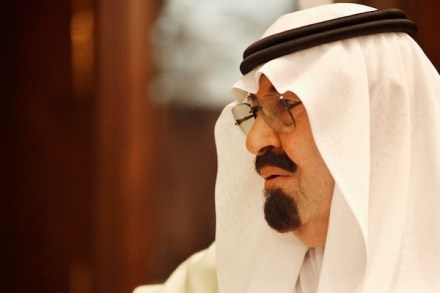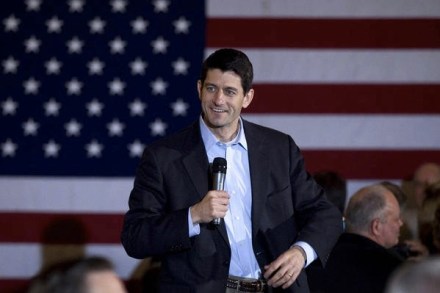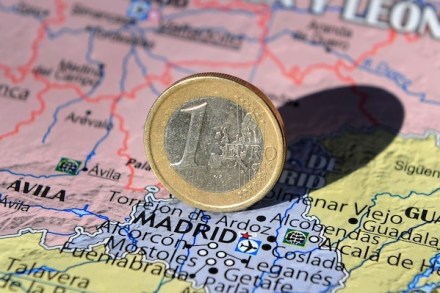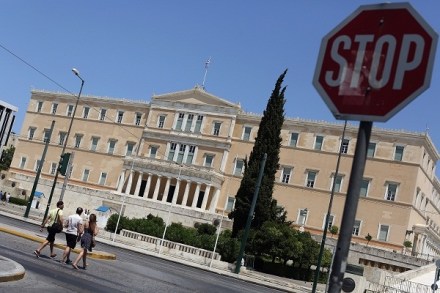Saudi Arabia is the early victor of the Arab Spring
King Abdullah opened an emergency session of the Organisation of Islamic Cooperation in Saudi Arabia today to address ongoing instability in the Middle East. Syria is high on their list of priorities, with other member states already voting to suspend its membership of the OIC until Bashar al-Assad gives up power. The OIC is a famously ineffectual institution but there is significant posturing taking place behind the scenes. Saudi Arabia had only hosted the OIC once since its inception in 1969 until King Abdullah took power in 2005. Since then, at his request, it has hosted it a further two times. This chimes with Abdullah’s plans to project himself as




















